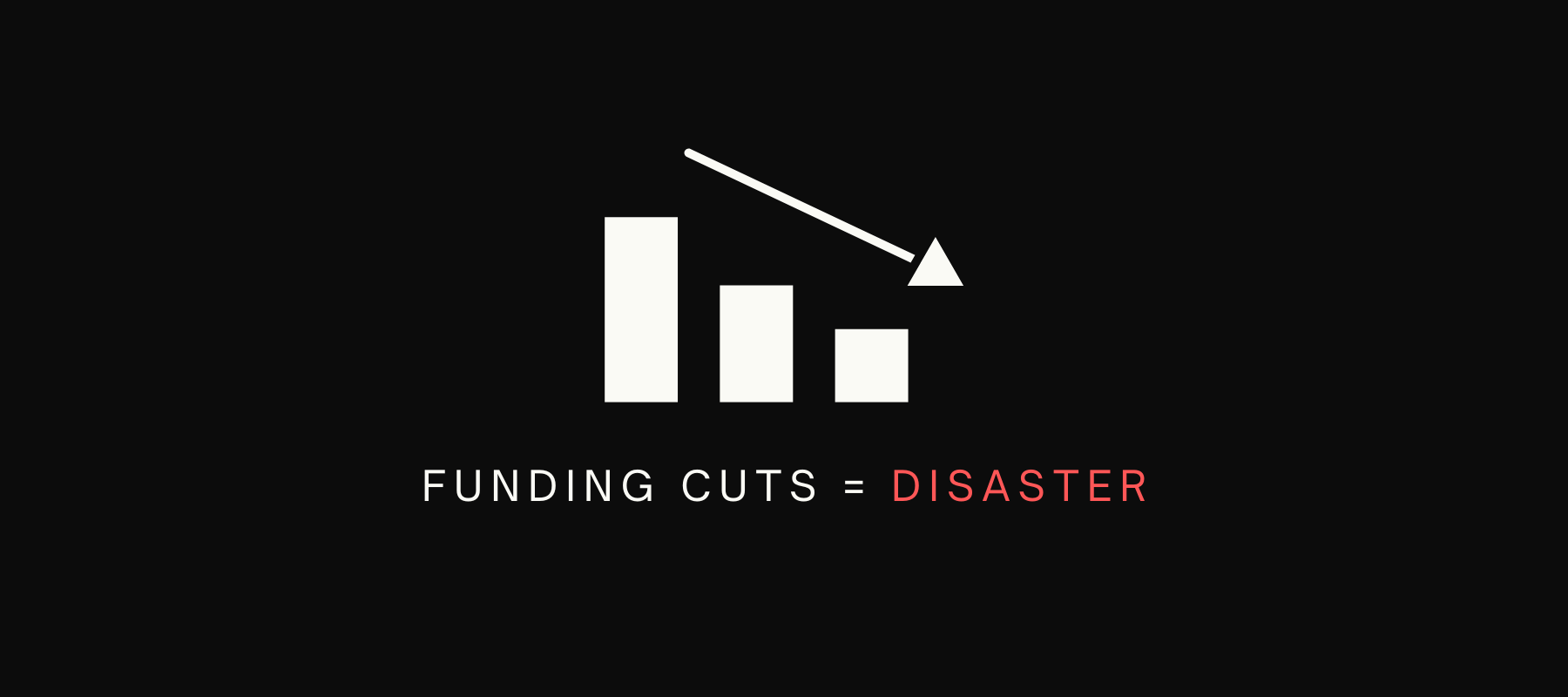BC’s economy and the Liberal platform
With my oped last week on the NDP platform making me less than popular over at NDP HQ, today the Sun published my take on the Liberals’ platform, thereby guaranteeing that the list of Christmas parties I get invited to dwindles to next to nothing.
BC’s Economic Challenges and the Liberal Platform
By Marc Lee
The BC Liberal platform features many feel-good photos and proud statements taking credit for the province’s recent boom. But read between the lines, and one realizes that after eight years in power, the Liberals have effectively run out of ideas.
The platform fails to offer any vision for the future. The Campbell Liberals made some progress on climate change actions over the past couple years, but the platform offers nothing new. Meanwhile, the Climate Action Secretariat, once residing in the Premier’s office, has been relegated to the Ministry of the Environment, which recently had its budget cut.
Premier Campbell deserves credit for bringing in the carbon tax, plus a variety of other climate measures that represent the low-hanging fruit of greenhouse gas emission reductions. While the carbon tax has its shortcomings, in my view it is a positive first step, and one that carries enormous symbolic value for environmentalists.
Still, the government enters the election without a plan in place to get BC to its legislated 33 per cent reduction in greenhouse gas emissions by 2020. And there are some glaring contradictions between the climate plan and other parts of the Liberals’ platform.
One of those contradictions is the oil and gas industry. Between 2001 and 2006, oil and gas industry emissions surged by far more than the carbon tax will ever reduce come 2020. Recently, Premier Campbell was in the Northeast, promising more new investment in oil and gas extraction, which may make it virtually impossible to reach our targets. And it is not like the oil and gas patch is a huge employer – about 2,200 direct jobs in 2008 – for all that pollution.
Highway expansion and the $3-4 billion Port Mann Super-Bridge also go against the climate-action grain. This expensive mega-project will only push more unsustainable, car-oriented development further up the Fraser Valley. This threatens valuable farmland, and means that congestion will be back within a few years. No jurisdiction in the world has ever built its way out of congestion problems.
The Liberal platform offers no real vision for the economy either, now that the great boom is over. Unemployment rose rapidly through early 2009, and with housing starts down 70%, the worst is yet to come, as construction workers finish their current projects and head straight to the back of the unemployment line.
The current economic collapse is not the fault of the Liberals, but then neither was the boom their creation. BC’s economic fortunes rest on what happens outside our borders, in particular in the export markets of the US and Asia, and in Ottawa, through the Bank of Canada and the federal government.
As cheerleader-in-chief, Premier Campbell may have pumped up the home team’s confidence, but let’s face it, the cheerleaders did not win this game. Like other parts of the world, low interest rates drove a bubble in real estate, leading to a massive expansion of construction activity. And high commodity prices driven by export markets made BC’s resource industries take off.
In February’s budget, the Liberals offered little in the way of stimulus, mostly re-announcing projects already underway or relying on federal stimulus dollars. There is much more that should be done to retrofit our infrastructure to be green – like public transit and energy efficiency upgrades – and to meet long-neglected social needs, like affordable housing, addiction and mental health facilities, or residential health care.
Bad economic times mean that the small deficit projected in the budget will inevitably turn out to be much larger. The Liberal platform promises that BC will “live within its means”, but faced with a $1-2 billion deficit, will a new Liberal government pile on more spending cuts and risk making the economic picture worse, or will it accommodate a larger deficit? What does that mean for the few new promises in the platform, like all-day kindergarten or U-passes for all Vancouver post-secondary students?
In politics, as in business, marketing is everything. The BC Liberals have branded themselves as the party of good economic times, but also the party with the long-term vision to tackle climate change. At a time when families in BC are concerned about the future on both fronts, the Liberals have put forward an unambitious “devil you know” strategy to win re-election.
Even during the good times, not all British Columbians were part of the boom. Poverty rates did not drop in any meaningful way, homelessness doubled, and inequality worsened with each passing year. BC needs a plan, with targets and timelines (just like climate change) to address poverty, especially as the recession deepens its grip.
With a lack of vision and too many contradictions, the platform does not provide any sense of how Campbell the Third will govern.
Topics: Climate change & energy policy, Economy, Provincial budget & finance


